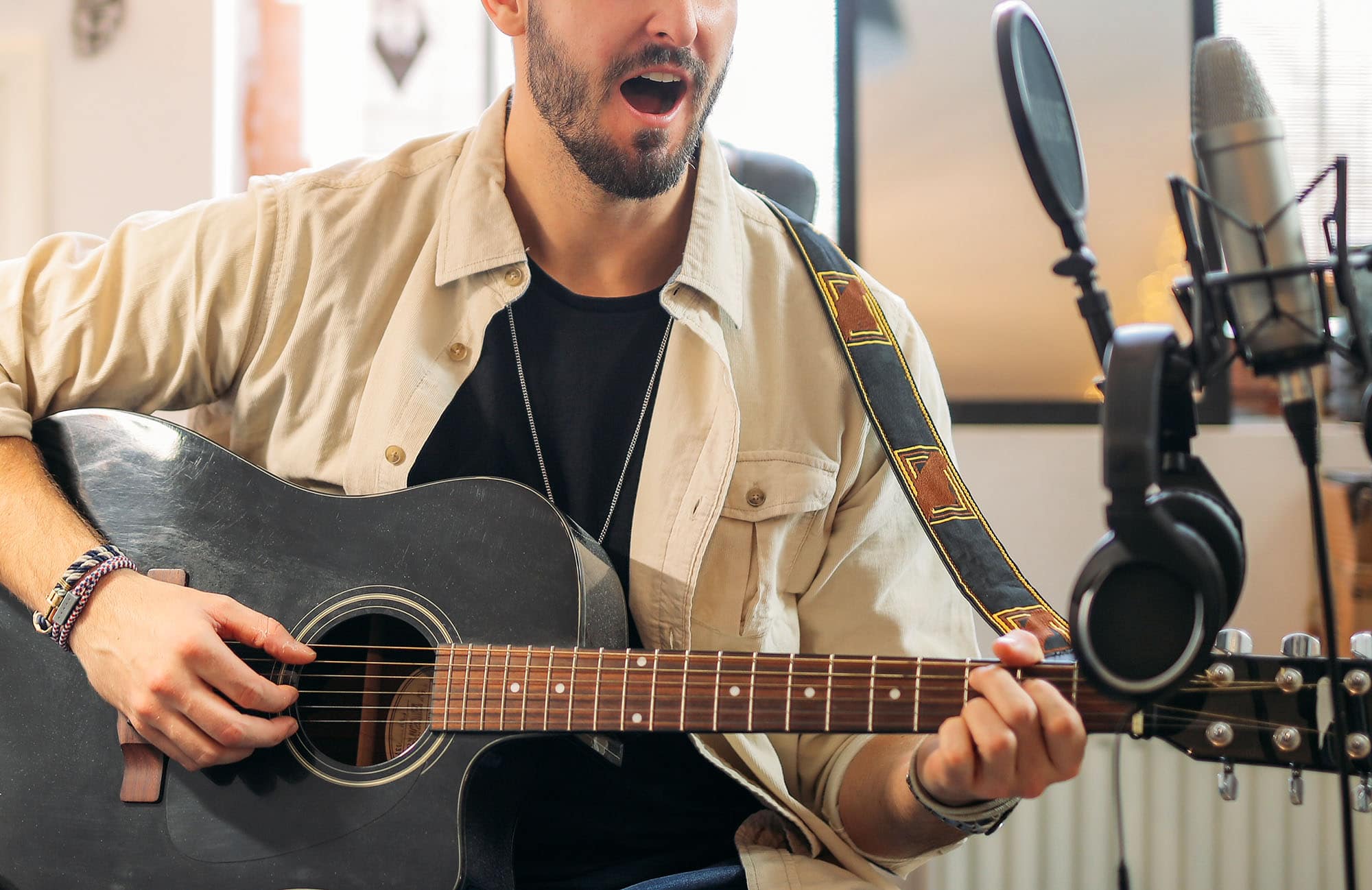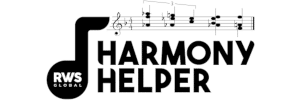
One glance at your social media feed is all it takes to see that everyone seems to be mastering the art of productivity during quarantine.
It’s no surprise, really. For some of us, quarantine has given us valuable time back — time formerly spent commuting to work and participating in social engagements.
For others (parents, I’m looking at you!), we are forced to find ways to be hyper-productive in order to deal with the amount of responsibilities piling up at home.
I suppose the silver lining in quarantine is that focusing on productivity can help us become better musicians. This new reality gives us the opportunity to really hone in on our craft and be thoughtful in our approach to realizing our goals.
If you’re eager to learn how to be more musically productive during quarantine, read on.
Set Goals
Take some time to think about what you want to accomplish during this time.
Are you looking to master a specific vocal skill? Are you working towards learning a musical piece or a full program of repertoire? Are you wanting to become better at aural skills, music theory, or compositional analysis?
Write down a few of your top goals. This will help you determine how you will measure your own personal successes.
Establish Your New Routine
In quarantine, our routines have completely shifted. This shift can make anyone feel a little lost at times. In order to be productive, it’s important to establish your new routine and how your musical work fits in.
Think about what your schedule looks like now and consider how it’s shifted.
- When are your busiest times?
- When are your least busy times?
- What does your work/life balance look like now?
- What is your current schedule on the weekdays? Weekends?
Take a moment to simply write down what your new routine looks like. Be specific in regards to dates and timings of activities.
Then, look for openings or opportunities for short breaks in your schedule that you can dedicate to focusing on your musical progress.
Schedule Time for Your Music
A few years back, I had the opportunity to see John Legend perform and speak at a conference in Boston. One thing he said really stuck with me over the years is that he always schedules time for creativity.
Creativity isn’t something that can happen when you’re busy thinking about other things, so it’s important to set aside the time and space to allow yourself to be creative.
When you’re working on your musical progress, the same concept applies. Here are some tips for scheduling time for your music:
Schedule time for creativity and/or practice every day. Write it in your calendar and commit to it. Even just fifteen minutes a day can go a long way!
Do it first. Once you start in on other activities like watching TV, playing games, cleaning or cooking, it becomes much easier to make excuses and to procrastinate. Doing your creative thing first ensures you’ll get it done and you’ll likely be in a more open head space for the rest of the day.
Put yourself in the right space. Distractions are the scourge of creativity and productivity. Make sure you have a place that allows you to be creative.
Make a List for Each Session
At the start of your creative time, take one minute to brainstorm a list of 1-3 things you want to try or accomplish during that time. This will allow you to bring some semblance of focus into your creative time.
Think back to your original goal to help you craft smaller benchmarks for success. For example, if your goal is to learn a musical piece, you can break it up into smaller sections to work on or you can work on a specific vocal skill that could be applied to the piece.
Write down what you want to achieve in that session and reference your list as you work.
Musical Things to Do in Quarantine
If you’re struggling to find things to work on during your creative and/or practice time, here are a few ideas:
Evaluate music by your favorite artists. Choose some of your favorite musical pieces. Take some time to listen to them, really listen to them. As you listen, think about what’s happening musically. Identify some of the things you really like or don’t like about the music, the performance, or the artist. Use this evaluation to help inform your artistic choices for your next creativity session.
Vocal improvisation. Select any existing piece of music or a harmonic progression to improvise over. Allow yourself time to vocalize over this. You can do this on a neutral syllable, scatting, or even with full lyrics. The key here is to really let go, listen to the music under you, and allow your voice to be free.
Take virtual voice lessons. Learning one-on-one from a musical instructor could be one of the best things you ever do to become a better musician. If you don’t already have a voice instructor, companies like TakeLessons make it easy to find a teacher near you and/or get individualized online instruction.
Join an online choral rehearsal. During the pandemic, many choruses are going remote. If you find yourself missing a sense of community or want to work on your ensemble musicianship skills, contact one of your local choruses to see if you can join in on their remote sessions.
Self-educate. Take some time to hone in on your musical skills at home. Practice warm-ups, educate yourself on vocal anatomy, do ear training exercises, or learn music theory from the comfort of your own home.
Summary
Being in quarantine certainly isn’t easy and we don’t know how long it will last. But by focusing on your music during this time, you can find meaningful work to do, give yourself a daily purpose, and make great personal progress over time.
Best of luck in your musical endeavors. Stay safe and keep making music!

About the Author
Tori Cook is the Director of Sales & Marketing at Chorus Connection. She is the former Music Director of the Harborlight Show Chorus, outgoing President of Chorus pro Musica, and sings with Tanglewood Festival Chorus in Boston. When not making music, she daydreams about adopting a golden retriever puppy and scuba diving to exotic locations around the world.
